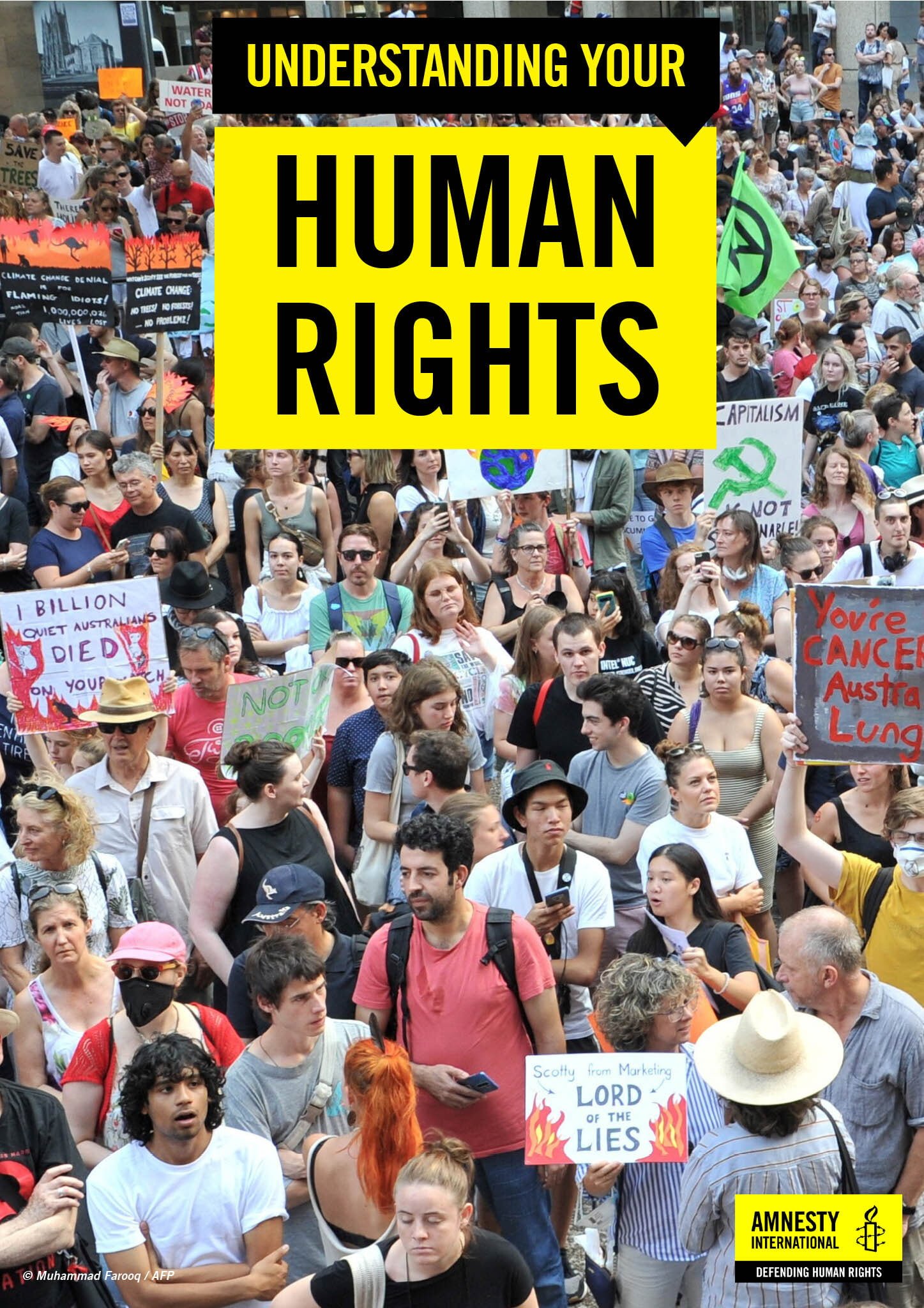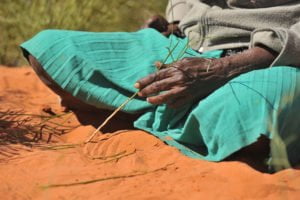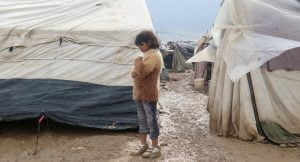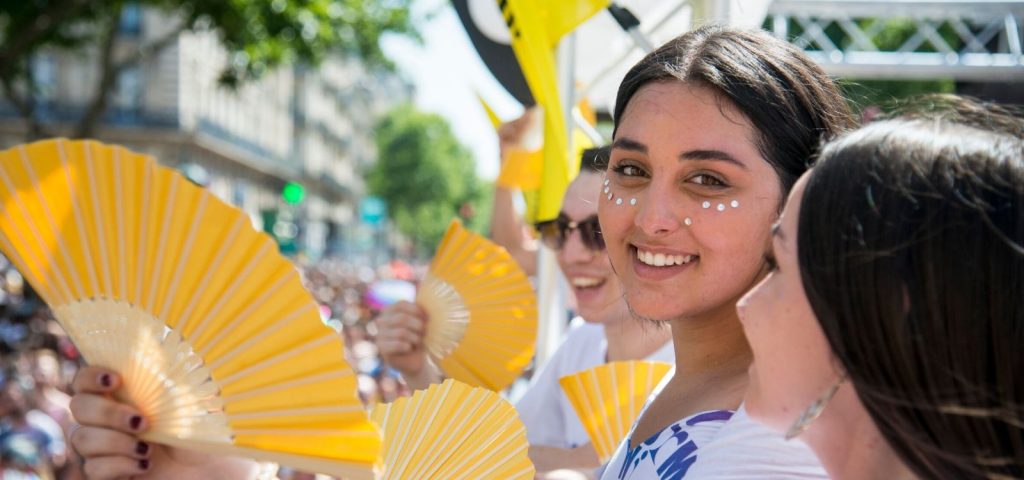
All human beings are born with equal and inalienable rights and fundamental freedoms.
All human beings are born with equal and inalienable rights and fundamental freedoms.
© AHMAD AL-RUBAYE/AFP/Getty ImagesHuman rights are based on dignity, equality and mutual respect – regardless of your nationality, your religion or your beliefs.
Your rights are about being treated fairly and treating others fairly, and having the ability to make choices about your own life. These basic human rights are:
Amnesty International’s handy booklet, ‘Understanding Human Rights’ will tell you everything you need to know about human rights, all in one place.

In 1948, following the traumatic events of World War II, representatives from the 50 member states of the United Nations banded together to create a list of the rights everyone around the world should enjoy.
Under the guidance of Eleanor Roosevelt, then-first lady of the United States and a politician, diplomat and activist in her own right, the Universal Declaration of Human Rights (UDHR) was born.
“Everyone has the right to seek and to enjoy in other countries asylum from persecution” Universal Declaration of Human Rights Article 14
Article 1 states: “All human beings are born free and equal in dignity and rights. They are endowed with reason and conscience and should act towards one another in a spirit of brotherhood.”
There are 30 actions in the Declaration of Human Rights – 30 rights of everyone on this planet. The remaining articles include the right to asylum, the right to freedom from torture, the right to free speech and the right to education. Do you know them all?
The International Declaration on the rights of Indigenous Peoples (DRIP) outlines the unique rights of Indigenous peoples, and sets a standard for the protection of these rights.

The UN adopted the Declaration on 13 September 2007, after more than 20 years of discussion.
Outlined in the DRIP include Indigenous People’s rights to:
On November 20, 1989, the United Nations General Assembly adopted the Convention on the Rights of the Child, a landmark for human rights. Here for the first time was a treaty that sought to address the particular needs of children and to set minimum standards for the protection of their rights. It is the first international treaty to guarantee civil and political rights as well as economic, social, and cultural rights.

The Convention on the Rights of the Child is the most widely accepted human rights treaty – of all the United Nations member states, only the United States has not ratified it.
One of the Convention’s key strengths is that it recognises that rights must be actively promoted if they are going to be enforced -– awareness isn’t enough. Children’s rights activists have a powerful tool for campaigning for the protection of children’s human rights in the almost worldwide acceptance of the Convention on the Rights of the Child.
Rights belong to every one of us – but are abused or denied every single day. When this happens, we search out the facts, expose what’s happening and rally people together to pressure governments and others to respect human rights. Learn more about your human rights below.

'Introduction to human rights' is a short course into human rights and their importance in our daily lives. In less than two hours, you will discover what human rights are and their basic characteristics. You will also learn about your rights and how the State must protect them. You’ll find ways to defend your rights and others’, and you will read about the role of key actors (NGOs, States, etc.) in defending and protecting your rights. By the end of the course, you’ll be ready to take action in the defence of human rights. The course is free and self paced (taking approximately 90 minutes).
Do you want your activism to have greater impact? Want to know how to run a great local campaign? Our training modules will help you develop skills that will not only make you a great activist but help you in other parts of your life.
Around the world we stand with people and communities who come under attack, encourage governments and others to respect human rights and raise awareness of the international standards that protect us all. We believe that together, we can create a world where our most basic human rights are enjoyed by all.
© UNHCR / A. Fazzina A crowd of newly arrived women and children, displaced from the Swat valleyJoin our unstoppable movement and campaign for human rights for everyone. We promise not to fill up your inbox!
Privacy policy
Copyright © Amnesty International Australia ABN: 640 0280 6233. We acknowledge the Traditional Owners of this land and pay our respects to their Elders past and present. We acknowledge that this land was and always will be Aboriginal and Torres Strait Islander land. WARNING: This website may contain images or names of people who have passed away.